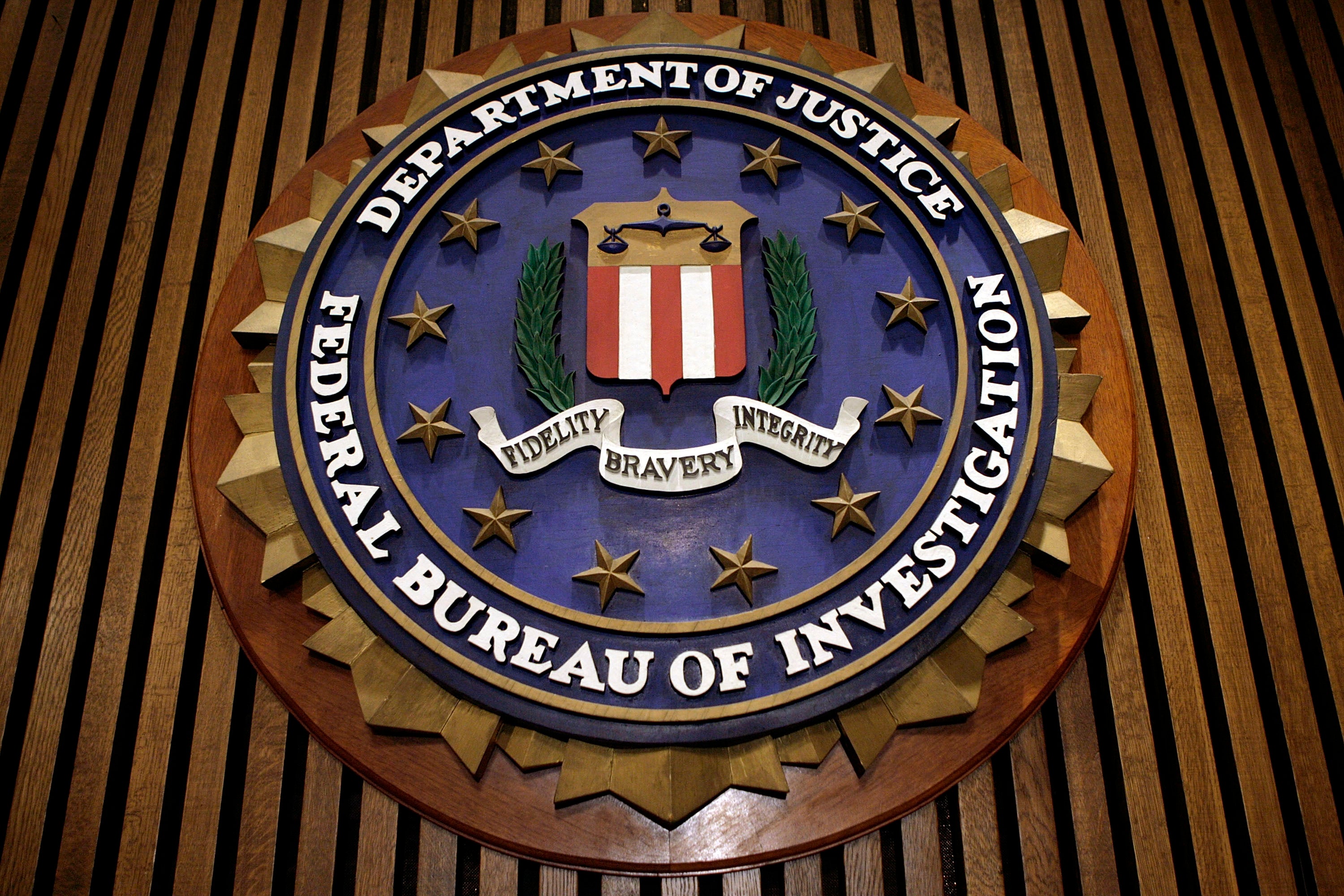FBI 'degraded public trust' after spoofing US news sites to catch bomb-threat suspect
Agents mocked up a fake webpage and URL in order to trace a suspect's computer with malware - a tactic more usually associated with criminals

The FBI has been accused of degrading public trust in the US media after it created a fake news story filled with malware in order to trick a bomb threat suspect into revealing their identity.
Documents obtained by the Electronic Frontier Foundation (EFF) and publicized by the American Civil Liberties Union’s principal technologist Christopher Soghoian show that the FBI carried out the plan in 2007 following multiple bomb threats to a Washington high school.
Agents took a story from the Associated Press about the threats and emailed it to a MySpace account thought to be linked to the suspect. When they clicked the link (presented “in the style of The Seattle Times” complete with information about subscriptions and ads for the paper) spyware captured the target’s IP address, later leading to the arrest and conviction of a 15-year-old student.
The Seattle Times, which is the largest daily newspaper in Washington, has said it is “outraged” by the sting with editor Kathy Best saying: “Not only does that cross a line, it erases it.”
"Our reputation and our ability to do our job as a government watchdog are based on trust. Nothing is more fundamental to that trust than our independence — from law enforcement, from government, from corporations and from all other special interests,” said Best. “The FBI’s actions, taken without our knowledge, traded on our reputation and put it at peril.”
A spokesman for FBI’s Seattle office defended the sting, saying that the techniques involved were only used “in rare circumstances and only when there is sufficient reason to believe it could be successful in resolving a threat”.
Join our commenting forum
Join thought-provoking conversations, follow other Independent readers and see their replies
Comments